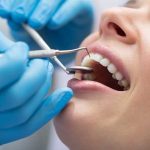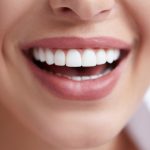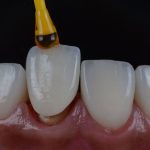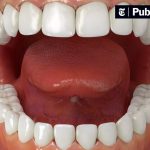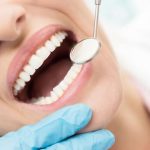When to Start Brushing Your Puppy’s Teeth: Tips for a Happy and Healthy Pup
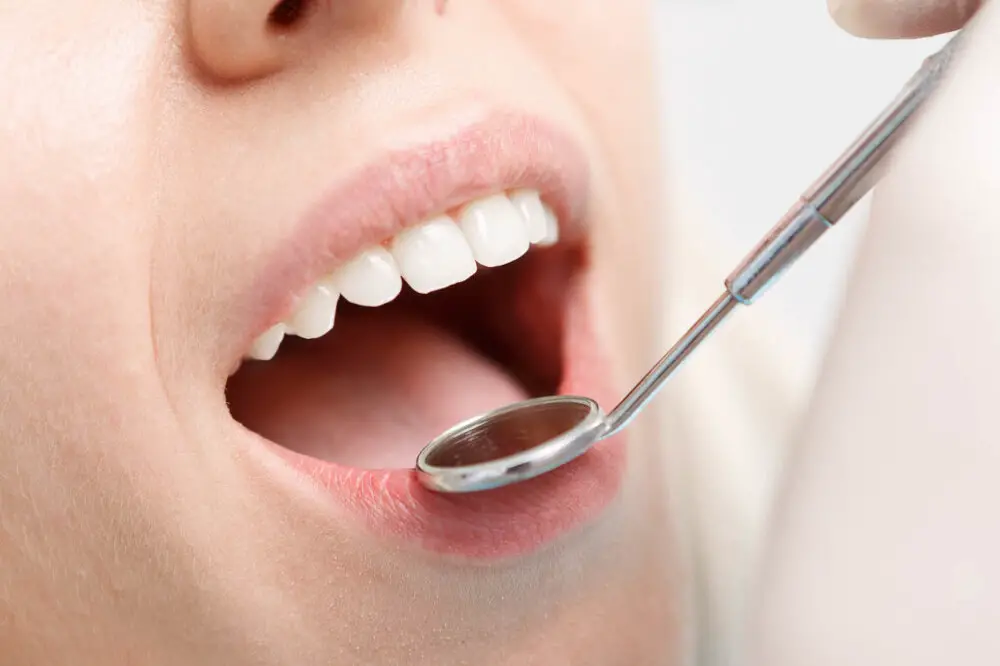
Taking care of a new puppy can be a lot of work, but it’s definitely worth it when you see that furry little bundle of joy running around the house. One of the most important things you can do for your new furry friend is to take care of their dental health. Many pet owners don’t realize that dental care is just as important for dogs as it is for humans. Just like with humans, poor dental health in dogs can lead to a variety of health problems, including infections, gum disease, and even heart disease. One of the best ways to keep your pup’s teeth healthy is to start brushing them at a young age. But when exactly should you start brushing your puppy’s teeth? While there’s no hard and fast rule, most veterinarians recommend starting as early as possible. Ideally, you should start introducing your puppy to the idea of tooth brushing when they’re still in the teething phase, which usually begins around 3-4 months of age. By starting early, you’ll be able to get your pup used to the process before they become resistant or fearful. In this article, we’ll explore some tips and tricks for making tooth brushing a positive experience for both you and your furry friend.
Dental hygiene is crucial for dogs to maintain their overall health and well-being. Poor dental hygiene can lead to a variety of health problems, including bad breath, gum disease, tooth decay, and even infections that can spread to other parts of the body. Brushing your puppy’s teeth from an early age can help prevent these issues and establish good habits that will benefit them throughout their life. Additionally, regular dental checkups with a veterinarian can catch any potential dental problems before they become more serious. Investing in your puppy’s dental health can lead to a happier and healthier pup in the long run.
Dental problems are common in dogs, especially as they age. A buildup of plaque and tartar can lead to gingivitis, periodontitis, and tooth decay. These conditions can cause bad breath, pain, and even tooth loss. Additionally, dogs may develop abscesses, infections, and other oral health issues that require veterinary attention. Regular brushing and dental cleanings can help prevent these problems, but it’s important to also monitor your dog’s oral health and seek treatment if necessary. Signs of dental issues include difficulty chewing, drooling, bleeding gums, and a reluctance to eat. By staying vigilant and proactive about your dog’s dental care, you can help ensure a happy and healthy pup for years to come.
When to Start Brushing
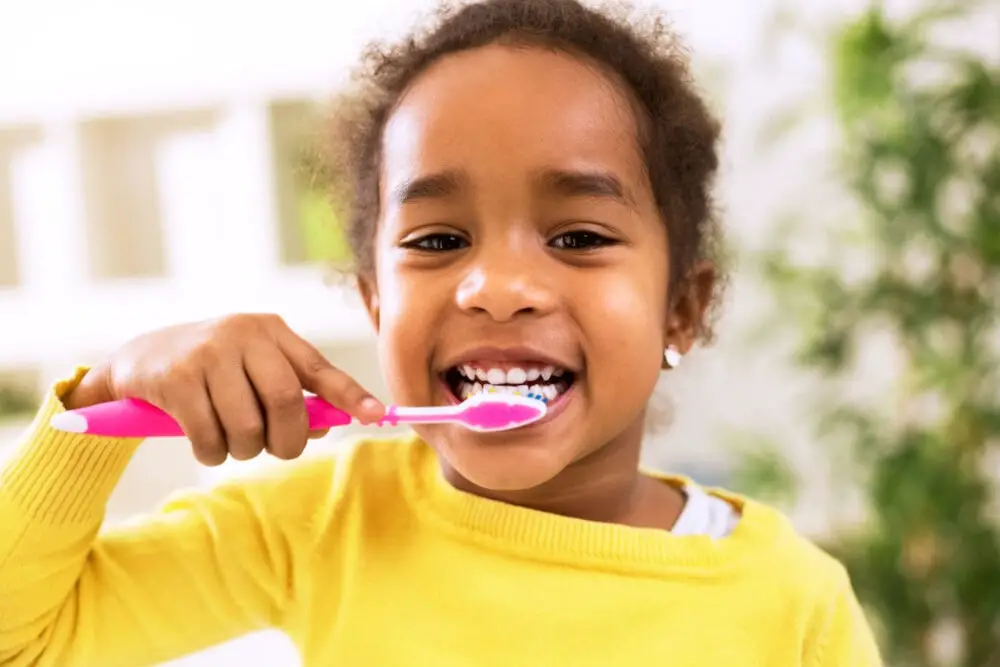
The question of when to start brushing your puppy’s teeth is an important one. In general, it is recommended to start brushing your puppy’s teeth as soon as possible. This will help to establish good dental hygiene habits early on, and will also help to prevent dental problems down the line. Ideally, you should start brushing your puppy’s teeth when they are around 8 to 12 weeks old. This is when their adult teeth are starting to come in, and it’s an ideal time to start teaching them good dental hygiene habits. However, if you haven’t started brushing your puppy’s teeth yet, don’t worry. It’s never too late to start. Even if your puppy is older, you can still start teaching them good dental hygiene habits. The most important thing is to be patient and consistent. Start by introducing your puppy to the toothbrush and toothpaste gradually. Let them sniff and explore the toothbrush and toothpaste, and reward them with treats and praise when they show interest. Then, gradually start brushing their teeth, starting with just a few teeth at a time, and gradually working up to a full brushing. With patience and consistency, your puppy will learn to love having their teeth brushed, and you’ll be doing your part to keep them healthy and happy for years to come.
As a puppy parent, it can be difficult to determine when to start brushing your furry friend’s teeth. However, it’s important to establish good oral hygiene habits early on to prevent dental issues down the line. The ideal age to start brushing your puppy’s teeth is as soon as they begin teething, which is typically around three to four months of age. This allows them to become accustomed to the sensation and routine of having their teeth brushed, making it easier for both you and your pup in the long run. By starting early, you can ensure that your pup’s teeth and gums stay healthy and strong for years to come.
As a responsible pet owner, it’s crucial to know when your puppy is ready for toothbrushing. One of the most obvious signs is when your puppy’s adult teeth start to come in, which usually happens between three and six months of age. Another sign is when your puppy starts to gnaw on objects and toys excessively, as this can cause plaque buildup on their teeth. Additionally, bad breath is a tell-tale sign that your puppy’s teeth need attention. If you notice any of these signs, it’s time to start brushing your puppy’s teeth to ensure a happy and healthy pup.
Starting early is crucial for a happy and healthy puppy. This is particularly true when it comes to dental hygiene. Introducing your puppy to toothbrushing and oral care at a young age sets the foundation for a lifetime of good dental health. By starting early, you can help prevent dental problems such as tooth decay, gum disease, and bad breath. It also helps your puppy get used to the routine and makes it easier to brush their teeth as they grow older. As with any habit, the earlier you start, the more likely it is to become a natural part of your puppy’s daily routine. So don’t wait, start brushing your puppy’s teeth early and keep them healthy and happy for years to come.
How to Brush Your Puppy’s Teeth
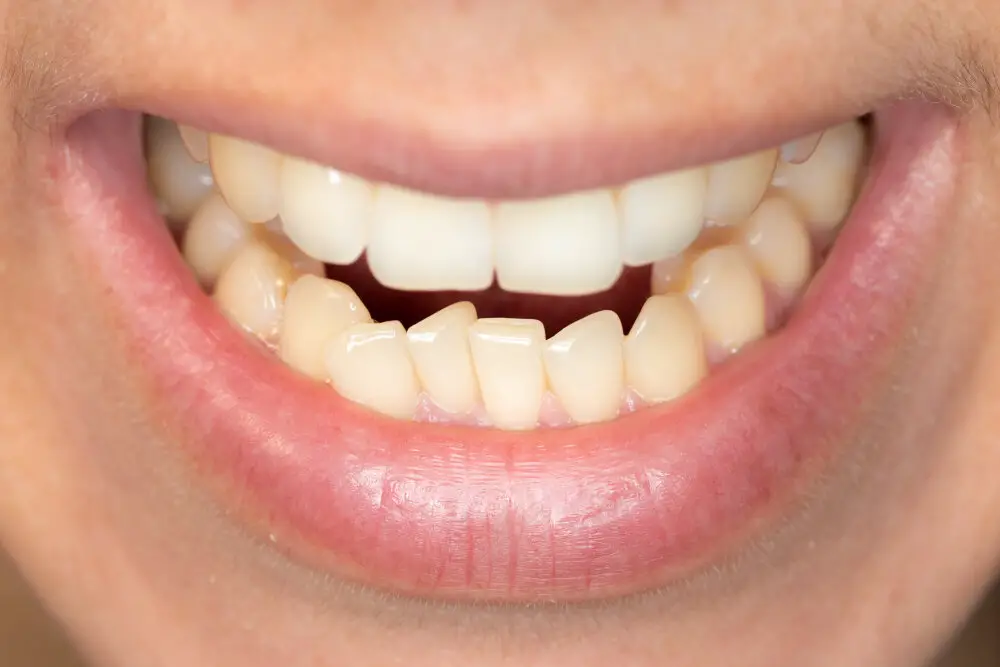
Brushing your puppy’s teeth may seem like a daunting task, but it is essential for their oral health. The American Veterinary Medical Association recommends that you start brushing your puppy’s teeth as early as possible, ideally when they are still young. This will help them get used to the process and make it easier for you to maintain their dental hygiene as they grow older. You can use a soft-bristled toothbrush or a finger brush with pet-friendly toothpaste to clean their teeth. Make sure to choose toothpaste that is specifically designed for dogs and avoid using human toothpaste as it can be harmful to them. To brush your puppy’s teeth, start by introducing them to the toothbrush or finger brush. Let them sniff and lick it so that they get used to the taste and texture. Once they are comfortable, apply a small amount of toothpaste to the brush and gently brush their teeth in a circular motion. Start by brushing the front teeth and gradually work your way towards the back. Be patient and gentle, and if your puppy seems uncomfortable, take a break and try again later. Over time, your puppy will get used to the process, and brushing their teeth will become a part of their routine. Regular dental hygiene will help keep your puppy’s teeth healthy, prevent bad breath, and reduce the risk of dental diseases. In conclusion, brushing your puppy’s teeth is a crucial aspect of their overall health and well-being. Starting early, using the right tools and techniques, and being patient and gentle can make the process easier for both you and your puppy. With a little bit of effort and consistency, you can ensure that your furry friend has healthy teeth and a happy, healthy life.
Choosing the right toothbrush and toothpaste for your puppy is an essential step towards maintaining their dental hygiene. Your puppy’s toothbrush should have soft bristles and a small head that can fit comfortably in their mouth. Avoid using toothbrushes with hard bristles as they can cause damage to your puppy’s gums and teeth. When it comes to toothpaste, always choose a toothpaste made specifically for dogs. Human toothpaste contains ingredients that can be harmful to your furry friend. Dog toothpaste comes in different flavors like chicken, beef, and peanut butter to make brushing more enjoyable for your puppy. Always read the label and follow the instructions carefully when using toothpaste on your dog’s teeth.
When it comes to brushing your puppy’s teeth, there are some techniques that can help make the experience more effective and enjoyable for everyone involved. First and foremost, it’s important to choose the right toothbrush and toothpaste specifically designed for dogs. You should also start slowly and gradually introduce your pup to the toothbrush to avoid overwhelming them. Use gentle circular motions to clean the teeth and gums, paying special attention to the back teeth where plaque and tartar tend to accumulate. Finally, make sure to reward your pup with plenty of praise and treats to reinforce positive behavior and create a positive association with tooth brushing. By following these techniques, you can help ensure that your puppy has a healthy and happy smile for years to come.
Introducing your puppy to dental care can be a positive experience with a few simple tips. Start by choosing a comfortable location where your pup can relax and feel safe. Introduce the toothbrush and toothpaste gradually, allowing your pup to sniff and taste them before starting to brush. Use gentle circular motions and reward your pup with praise and treats throughout the process. Gradually increase the length of the brushing session as your pup becomes more comfortable. Consistency is key, so make sure to brush your pup’s teeth regularly to establish a positive routine. With patience and positivity, you can help your pup maintain healthy teeth and gums for a lifetime.
Other Dental Care for Your Puppy
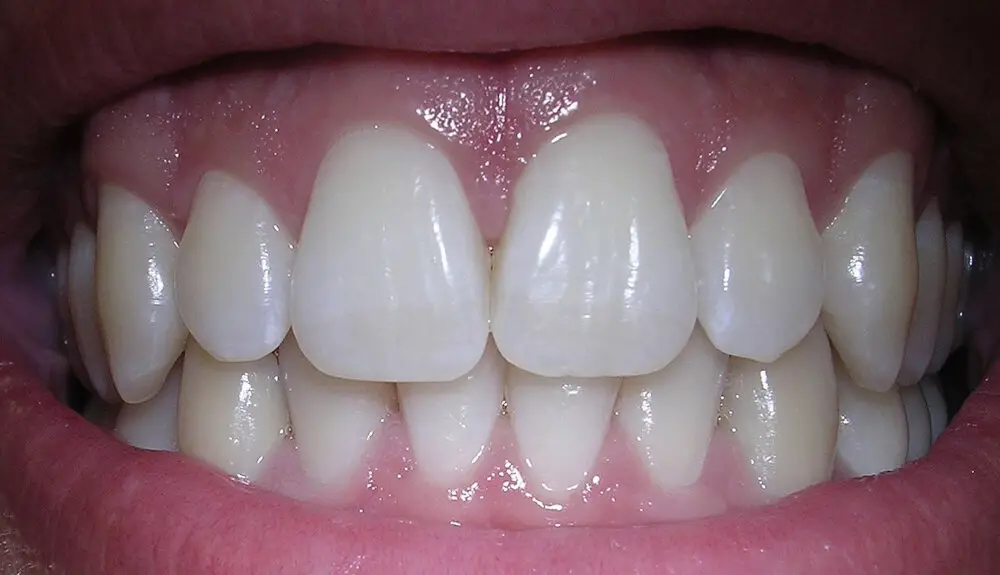
In addition to brushing your puppy’s teeth, there are other dental care practices you can incorporate into your pup’s routine. One important aspect of dental care is providing your puppy with appropriate toys and chews. Chewing on toys and bones can help clean your puppy’s teeth and massage their gums. However, it is important to select toys that are safe for your puppy and won’t break apart easily, as this can pose a choking hazard. Additionally, avoid giving your puppy toys that are too hard, as this can damage their teeth. Consult with your veterinarian to find appropriate toys and chews for your furry friend. Another dental care practice to consider is regular dental check-ups. Just like humans, puppies can develop dental issues such as gum disease and tooth decay. Regular check-ups with your veterinarian can help identify any potential dental problems early on, allowing for prompt treatment and prevention of further complications. During a dental check-up, your veterinarian may also recommend a professional cleaning, which involves removing any tartar and plaque buildup on your puppy’s teeth. By incorporating these additional dental care practices, you can help ensure that your puppy’s teeth and gums stay healthy and strong.
Dental chews and toys can be excellent additions to your puppy’s oral hygiene routine. These products are designed to promote healthy teeth and gums by removing plaque and tartar buildup. Chew toys, in particular, can provide your puppy with a fun and stimulating way to clean their teeth. When selecting dental chews or toys, it’s important to choose products that are appropriate for your puppy’s age, size, and chewing habits. Always supervise your puppy while they are using these products to prevent choking or other accidents. With regular use, dental chews and toys can help keep your puppy’s teeth clean and healthy for years to come.
Regular dental checkups with your vet are crucial in maintaining your puppy’s oral health. Just like humans, dogs can develop dental issues such as gingivitis, tartar buildup, and even tooth decay. During a dental checkup, your vet can identify any potential problems and address them before they become more severe. They can also provide you with advice on how to properly care for your puppy’s teeth at home, including brushing techniques and the use of dental chews. By prioritizing your puppy’s oral health, you can help prevent discomfort, pain, and potentially expensive dental procedures in the future.
Maintaining good dental hygiene for your puppy is essential, and diet plays a critical role in this. Feeding your puppy a balanced diet that is rich in essential nutrients, vitamins, and minerals is the first step towards ensuring their dental health. Avoid feeding your puppy sugary or starchy foods, as these can lead to plaque buildup and tooth decay. Additionally, crunchy foods such as apples and carrots can help clean your puppy’s teeth naturally by removing food particles and debris. It’s also important to provide your puppy with plenty of fresh water to keep their mouth hydrated and healthy. By following these dietary tips, you can help your puppy maintain good dental health and prevent dental problems in the future.
Common Dental Problems in Puppies
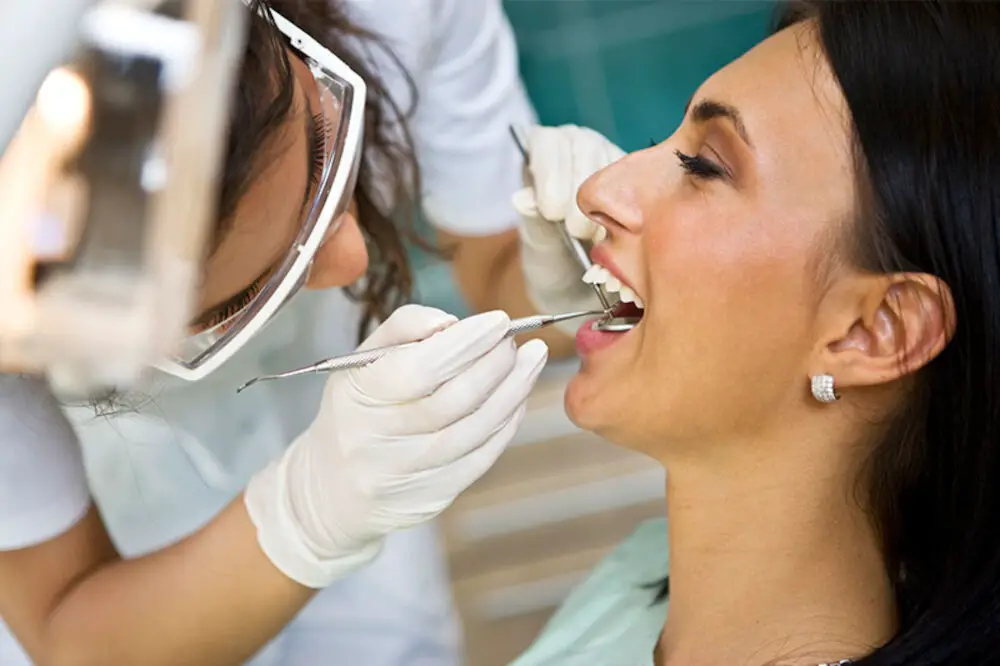
Puppies are adorable creatures, but they require proper care and attention to ensure they grow up healthy and happy. One of the essential aspects of puppy care is dental hygiene. Like humans, dogs can suffer from dental problems that can result in pain, discomfort, and even serious health issues. Some of the most common dental problems in puppies include periodontal disease, tooth decay, and broken teeth. Periodontal disease is caused by the buildup of plaque and tartar on the teeth, which can lead to gum inflammation, infection, and tooth loss. Tooth decay can occur due to poor diet, lack of proper dental care, and genetic factors. Broken teeth can also be a problem, especially for puppies that are highly active and love to chew on things. To prevent dental problems in puppies, it’s essential to start brushing their teeth as early as possible. Puppies should have their teeth brushed at least once a day using a soft-bristled toothbrush and dog-specific toothpaste. It’s also essential to provide them with healthy, chewy treats and toys that can help clean their teeth and massage their gums. Regular checkups with a veterinarian can also help detect and treat any dental problems early on, before they become serious. By following these simple tips, you can ensure your puppy has healthy teeth and gums, which can contribute to their overall health and happiness.
Signs and symptoms of dental problems can be quite noticeable in pets. They may include bad breath, loose teeth, bleeding gums, difficulty eating, and even changes in behavior. If you notice any of these symptoms, it is important to take your pup to the vet as soon as possible. Dental problems can be painful and can lead to more serious health issues if left untreated. Regular dental care, including brushing your puppy’s teeth and providing chew toys, can help prevent dental problems and keep your furry friend healthy and happy.
Prevention and treatment options are crucial for the dental health of your puppy. Regular brushing with a soft-bristled toothbrush and toothpaste made for dogs can prevent plaque buildup and gum disease. Additionally, providing your pup with dental chews and toys can also help clean their teeth and strengthen their jaw. In severe cases, professional cleaning by a veterinarian may be necessary. It’s important to prioritize dental care for your puppy to prevent pain, infection, and costly dental procedures in the future.
As a pet owner, it is important to know when to seek veterinary care for your furry friend. If your puppy is experiencing symptoms such as vomiting, diarrhea, loss of appetite, lethargy, or any other unusual behavior, it is best to seek veterinary care immediately. These symptoms can be signs of serious underlying health issues that require prompt attention. Additionally, routine check-ups with a veterinarian are important for the overall health and well-being of your puppy. Regular dental check-ups, vaccinations, and parasite prevention are essential for maintaining a happy and healthy pup. Don’t hesitate to seek veterinary care when necessary, as it can make all the difference in your puppy’s health and happiness.
It is imperative to establish a dental hygiene routine for puppies as it plays a vital role in maintaining their overall health. Neglecting dental care can lead to various health issues such as bad breath, gum disease, tooth decay, and even infections that can spread to other parts of the body. Brushing your puppy’s teeth regularly can prevent the build-up of tartar and plaque, which can cause damage to their teeth and gums. Additionally, introducing dental chews and toys can aid in cleaning your pup’s teeth and keeping them entertained. In conclusion, prioritizing dental hygiene from a young age can promote a happy, healthy, and long life for your furry friend.
Starting a dental care routine early for your furry friend is vital for their overall health and well-being. Just like humans, dogs require regular dental check-ups, cleanings, and proper dental care. By creating a dental routine early on, you are setting your pup up for a lifetime of healthy teeth and gums. Neglecting your dog’s dental care can lead to serious health issues such as periodontal disease, tooth loss, and even heart disease. So, it is essential to start brushing your puppy’s teeth as soon as possible to prevent these issues from occurring in the future. By incorporating dental care into your pup’s daily routine, you can ensure they will have a happy and healthy life.
Ensuring the happiness and health of your puppy starts with proper care and attention. Establishing a regular routine for feeding, exercise, and grooming is essential. Brushing your puppy’s teeth regularly can prevent dental problems and bad breath. You should also keep your pup up to date with vaccinations and regular vet check-ups. Providing plenty of mental and physical stimulation through playing and training will keep your puppy’s mind sharp and prevent boredom. Additionally, giving your pup plenty of love and attention will help build a strong bond between you and your furry friend. Overall, with consistent care and attention, your puppy can thrive and live a happy and healthy life.
Conclusion

In conclusion, brushing your puppy’s teeth is an essential part of their overall health and well-being. Starting early with a regular brushing routine can help prevent dental problems and keep your furry friend happy and healthy. It is recommended to start brushing your puppy’s teeth as soon as their adult teeth start coming in, around 3-4 months of age. By using the right tools and techniques, and making it a positive experience for your pup, you can make sure their dental health stays in top shape. Remember, a healthy mouth means a happy pup!

